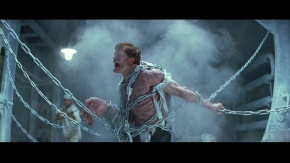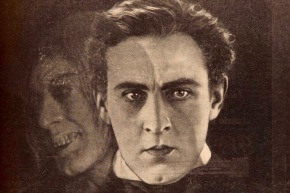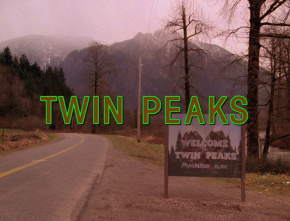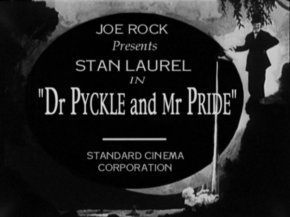Seeing Strange: A Take on The Strange Case of Dr. Jekyll and Mr. Hyde
Originally posted on Cat's Blog:
In the days where fiction and fantasy were making a new home for themselves in the minds and imaginations of people across Western Europe, Robert Louis…























